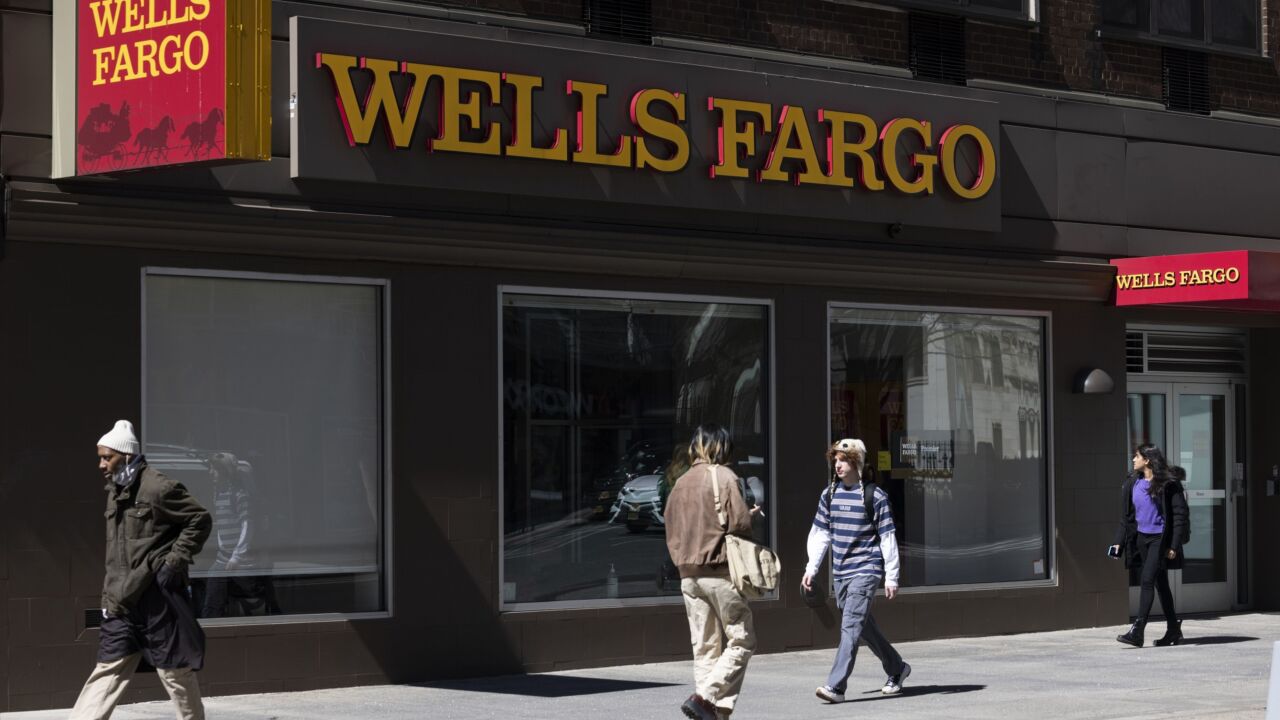WASHINGTON — Congressional Democrats’ scrutiny of banks and their overdraft fee programs is intensifying, even as industry representatives ask lawmakers to explore alternatives to restricting the charges.
At a consumer-focused subcommittee hearing Wednesday, several Democrats on the Senate Banking Committee criticized some banks' reliance on the fees. Sen. Raphael Warnock, D-Ga., who chaired the hearing, thanked the financial institutions that have scaled back their overdraft programs in recent months but made clear that he believed problems persist elsewhere in the industry.

“We must hold financial institutions accountable when they juice their profits off the backs of struggling, vulnerable Americans,” Warnock said, “and ensure that they are not looking at these customers as easy marks to be taken to be taken advantage of with onerous or opaque fees.”
David Pommerehn, general counsel of the Consumer Bankers Association, testified that retail banks are “working diligently to provide access to safe, affordable products.”
“Outside of overdraft, few options remain for consumers to meet their cash-flow needs within the highly regulated banking industry,” Pommerehn said in prepared remarks.
Pommerehn suggested that lawmakers explore other options to reduce the risk that banks or their customers rely too heavily on overdraft fees, including the broader encouragement of bank-issued small-dollar loans. “A recent bipartisan [Government Accountability Office] study highlighted the fact that banks are hesitant to offer such loans in part because of ever evolving regulatory changes,” he said.
Only one Republican lawmaker spoke during the subcommittee hearing: Sen. Thom Tillis of North Carolina, who generally defended banks’ use of overdraft fees on the grounds that some customers knowingly rely on them as a form of short-term credit that they may not be able to access elsewhere.
“What do you think about the characterization of this as a ‘junk fee'?” Tillis asked witnesses at one point, referring to an ongoing
Sen. Elizabeth Warren, D-Mass., followed up on a
“Three of the nation's biggest banks — JPMorgan Chase, Bank of America and Wells Fargo — still haven't eliminated overdraft fees," Warren said in a question posed to another witness on the panel, Aaron Klein of the Brookings Institution. “Can you give us an idea [of] how much money they are raking in from these fees every year?”
“They’re making billions,” Klein responded. “In 2019, before the pandemic, JPMorgan Chase earned over $2 billion in overdraft fees, Wells Fargo about $1.7 [billion], and Bank of America, a bit over $1.5 [billion.]”
Warren pointed to policy changes announced by Capital One Financial and Citigroup since late 2021 that would eliminate their overdraft charges entirely. “If Citibank and Capital One can eliminate overdraft fees, so can [JPMorgan] Chase and BofA and Wells,” she said.
In a 50-50 Senate vulnerable to the threat of filibuster, which requires most legislation to have 60 votes of support to proceed, lawmakers appear unlikely to force significant changes on banks’ overdraft programs in the near future. But Sen. Warnock, in closing the hearing, suggested that it was something Democratic lawmakers should consider in the near future.
“Lowering onerous fees is something I will keep pushing for through collaborating with financial institutions and, when necessary, through legislation,” Warnock said.





